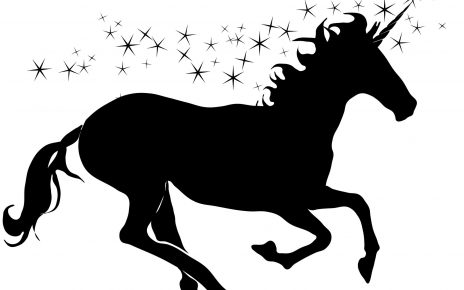Is storytelling different from what it was hundreds of years ago? Yes and No were the answers people heard as seasoned leaders Roger Darashah and Atul Takle addressed media and communication professionals at an event in Bengaluru called ‘Storytelling in the Third Age of Consciousness’. While Roger traced the journey of storytelling and how time to share content among millions of people exponentially reduced over the years, Atul provided anecdotal evidence of how the essence of stories stay the same amidst the spurt of digital media channels, fake news, and post-truths.
The first and second ages of consciousness were related to content creation and dissemination while the third age, in which we live now according to Roger, places control and influence in the hands of ordinary people. From ‘push’ content to the age where brands depend on the power of ‘pull’ content it poses enormous challenges and opportunities for organizations and institutions worldwide. The rise of ad blockers, user-generated content and peer-to-peer influence provides proof of these changes shaping the world of communication.
I had blogged about storytelling and how brands can be relevant if they reflect, relate and relive stories that matter. Storytelling is hard work and it became evident when Atul asked the audience to share their stories – no one did! Not because there were no stories to share. Thinking of stories, placing them in perspective and helping to underscore a point needs attention.
My key takeaways are:
– Great storytelling is about timing. Understanding the audience and sharing timely stories makes a difference
– Stories are everywhere; however, harnessing stories take conscious effort and curation.
– With everyone, a broadcaster and an editor filtering ‘noise’ and appreciating ‘true’ news are opportunities brands must seize
– Insights from research and culture can help stories be more believable
– Labeling concepts, ideas, and approaches can make stories stick better
For brands to stay relevant in this new age of storytelling will require newer skills to be learned including collaborating with people as influencers, negotiating agendas and crafting frameworks for dialogue.
What do you think?



